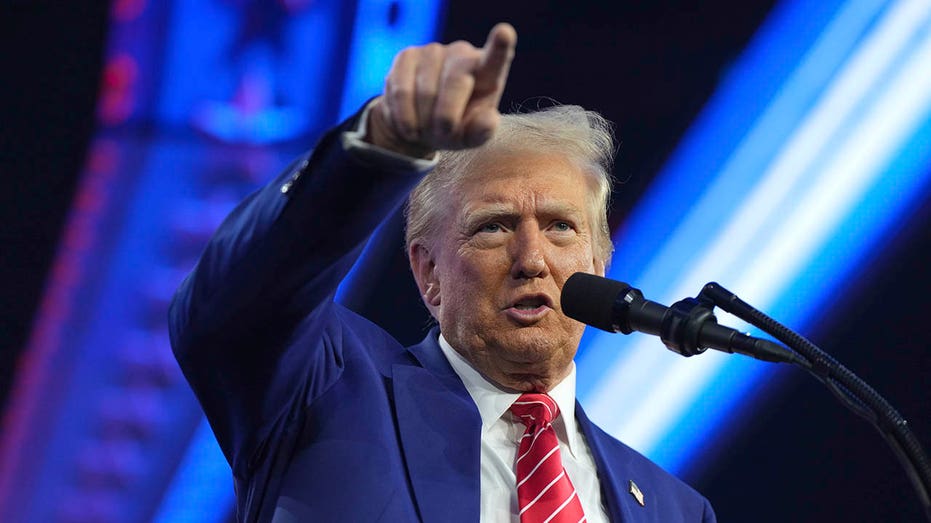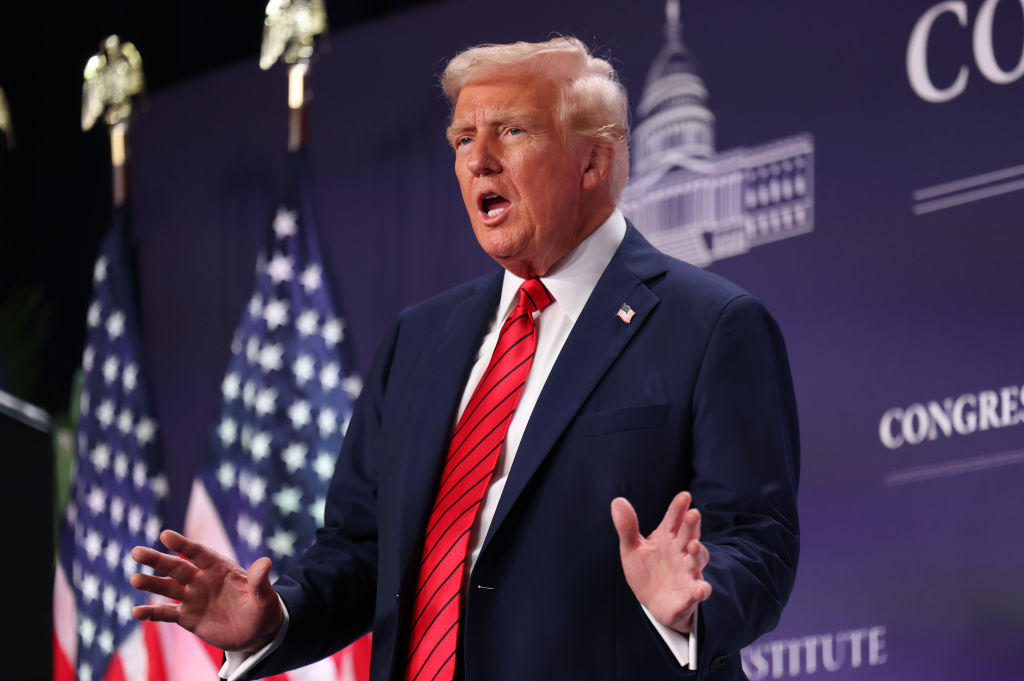

President Donald Trump opened his second inaugural address by declaring, “The golden age of America begins right now.” His new term promises a transformational four years. While foreign policy, economic concerns, and political divisiveness will dominate headlines, a quieter yet far-reaching revolution is underway. Massive technological innovation coincides with Trump’s presidency, setting the stage for societal changes that will shape the coming decades. These advancements offer progress but also demand vigilance as the nation navigates their ethical and societal challenges.
By the time Trump leaves office in January 2029, artificial intelligence, automation, self-driving cars, quantum computing, and other emerging technologies will have reached unprecedented levels. Their evolution and impact on society will likely shape the future more profoundly than the political battles of today.
The next few years will hinge on how society embraces innovation while protecting freedoms, privacy, and stability.
OpenAI, Tesla, and IBM are driving technological advancements, investing billions in research and development to turn science fiction into reality. The AI startup sector alone secured more than $100 billion in global investments last year. Companies pursuing quantum computing, including Google and IBM, are racing toward quantum supremacy, aiming for breakthroughs that could transform entire industries. Tesla and Waymo are investing billions in self-driving cars, positioning themselves to revolutionize transportation.
This surge in investment and innovation highlights the transformative power of these technologies. At the same time, it raises concerns about how society will navigate their rapid evolution. As these breakthroughs accelerate during Trump’s presidency, the stakes remain high — not only for harnessing their potential but also for mitigating their risks
The rise of a new decision-maker
Artificial intelligence has advanced rapidly in recent years, evolving from narrow, task-specific algorithms to sophisticated systems capable of natural language understanding, image recognition, and even creative tasks like generating art and music. OpenAI’s ChatGPT and Google’s DeepMind have become household names, demonstrating AI's expanding role in everyday life and business.
By 2029, industry experts expect AI to grow more advanced and deeply integrated into society, influencing everything from health care to legal systems. Breakthroughs in generative AI could enable machines to produce realistic virtual experiences, transforming education, entertainment, and training. AI-driven research is also poised to accelerate discoveries in medicine and climate science, with algorithms identifying solutions beyond human capabilities.
These advancements promise significant benefits. AI could revolutionize medicine by personalizing treatments, reducing errors, and improving access to care. Businesses may see substantial productivity gains, driving economic growth and innovation. Everyday conveniences, from personal assistants to smart infrastructure, could enhance quality of life, relieving people from mundane tasks and fostering greater creativity and leisure.
The rapid integration of AI raises serious concerns. As AI systems collect and analyze vast amounts of data, issues of surveillance, privacy, and consent demand attention. There are automated decision-making risks that could displace workers, worsen economic inequality, and foster new forms of dependency. Misuse — whether through biased algorithms, manipulative propaganda, or authoritarian control — heightens the need for vigilance. Protecting individual liberty and ensuring AI serves society, rather than undermining it, remains crucial.
Redefining the workforce
Advanced robotics and automation are rapidly transforming traditional industries. Robots already handle complex tasks in manufacturing, agriculture, and logistics, but improvements in dexterity and AI-driven decision-making could make them essential across nearly every sector by the decade’s end.
Several companies are racing to develop increasingly advanced robots. Tesla’s Optimus and Agility Robotics’ Digit are humanoid models designed to perform tasks once exclusive to humans. As Agility Robotics strengthens its partnership with Amazon, Elon Musk predicts robots will outnumber people within 20 years.
While automation boosts efficiency and productivity, it also threatens jobs. Millions of workers risk displacement, creating economic and social challenges that demand thoughtful solutions. The Trump administration will likely face mounting pressure to balance innovation with protecting livelihoods.
Who is in the driver’s seat?
Self-driving vehicle technology has long been anticipated, with Elon Musk initially predicting its emergence by 2019. While that timeline proved optimistic, autonomous vehicle technology has advanced significantly in recent years. What began as experimental prototypes has evolved into semi-autonomous systems operating in commercial fleets. By 2029, fully autonomous vehicles could become widespread, transforming transportation, urban planning, and logistics.
Despite these advancements, controversies remain. Questions about safety, liability, and infrastructure lack clear answers. Additionally, concerns about centralized control over transportation systems raise fears of surveillance and government overreach. The Trump administration will play a crucial role in shaping regulations that safeguard freedom while fostering innovation.
A massive computing breakthrough
Quantum computing, once limited to theoretical physics, is rapidly becoming a practical reality. IBM and Google have led advancements in this technology, with Google recently unveiling Willow, a state-of-the-art quantum computer chip. According to Google, Willow completed a complex computation in minutes — one that would have taken the world’s most advanced supercomputers 10 septillion years. That’s more than 700 quintillion times older than the estimated age of our universe.
With the ability to solve problems at speeds unimaginable for classical computers, quantum computing could transform industries like cryptography, drug development, and economic modeling.
This technology also presents serious risks to privacy and security. Quantum computing’s ability to break traditional encryption methods could expose sensitive data worldwide. As the field advances, policymakers must develop strong regulations to protect privacy and ensure fair access to this powerful technology.
Trump’s most enduring legacy?
These technological advancements could drive extraordinary breakthroughs, including drug discoveries, disease cures, and an era of abundance. But they also pose significant risks. Concerns over data collection, job displacement, surveillance, and coercion are not hypothetical — they are real challenges that will require attention during Trump’s term.
The next few years will hinge on how society embraces innovation while protecting freedoms, privacy, and stability. Trump’s role in this technological revolution may not dominate headlines, but it will likely leave the most lasting impact.
.png)
 2 hours ago
3
2 hours ago
3















 English (US)
English (US)